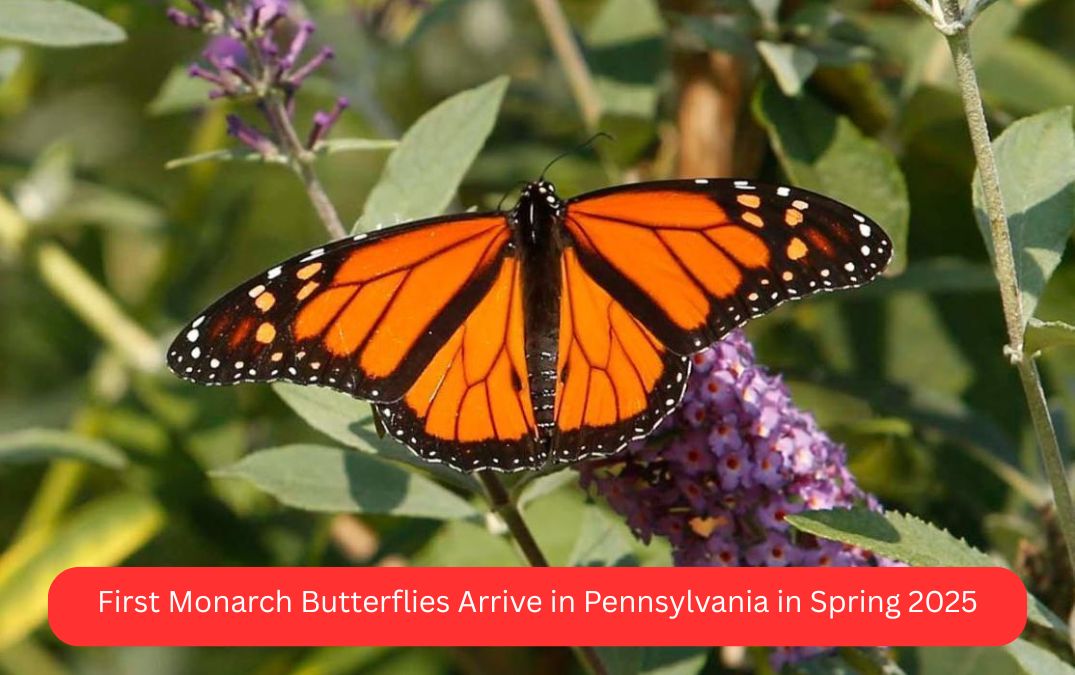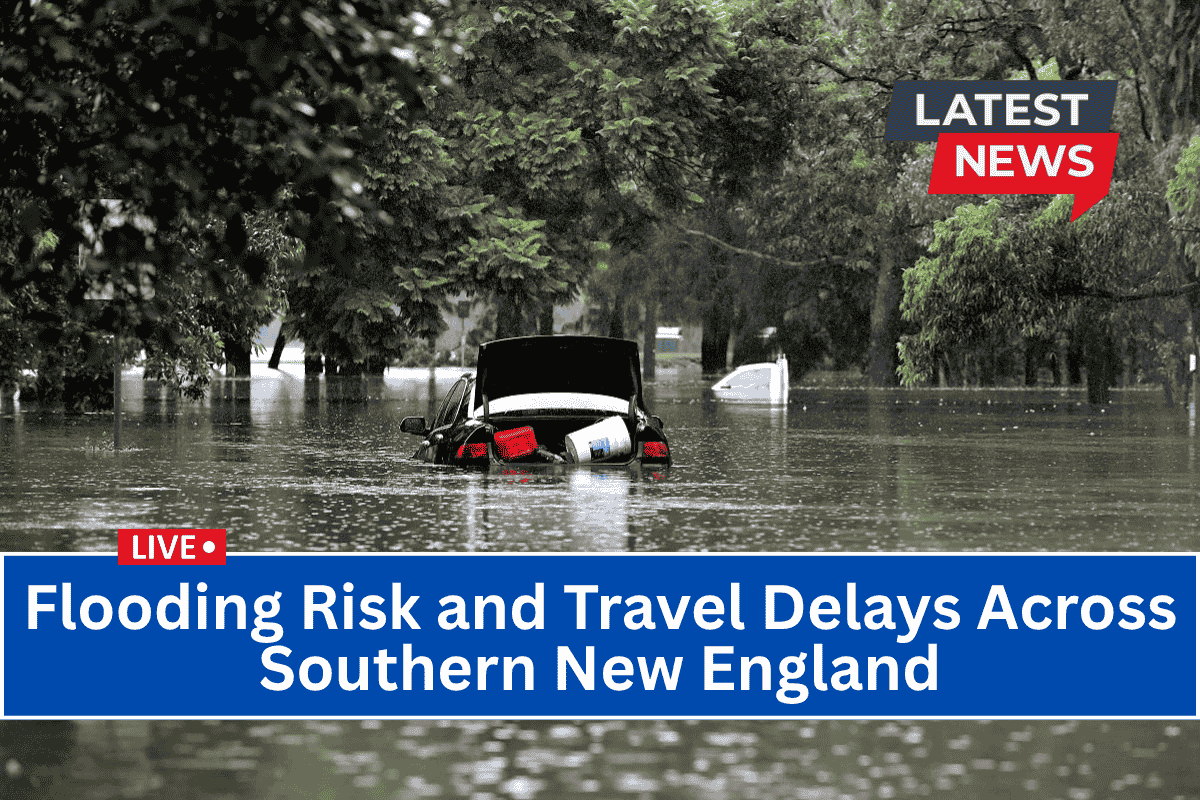Monarch butterflies have begun their annual spring migration northward, with the first sightings confirmed in Pennsylvania during early May 2025. This marks an encouraging sign for butterfly enthusiasts tracking the species’ seasonal return.
What Happened
The first monarch butterflies of 2025 were spotted across various locations in Pennsylvania over the past two weeks. Journey North’s spring migration map recorded 11 sightings as of May 14, with the earliest reported on April 30 in Philadelphia.
Key Details
| Location | County | Date of First Sighting |
|---|---|---|
| Philadelphia | Philadelphia County | April 30, 2025 |
| Pittsburgh | Allegheny County | May 5, 2025 |
| McKees Rocks | Allegheny County | May 10, 2025 |
| Pennsylvania Furnace | Centre County | May 10, 2025 |
| Gettysburg | Adams County | May 11, 2025 |
| York | York County | May 12, 2025 |
Reactions and Statements
Experts and conservationists are optimistic about the monarch butterfly population this year. The World Wildlife Fund (WWF) reported in March 2025 that the eastern monarch population wintering in Mexico nearly doubled compared to the previous year. This improvement offers hope for a better migration season ahead.
Investigation and What’s Next
Despite recent gains, the monarch population remains fragile. WWF’s annual count shows that the 2024-2025 wintering acreage of 4.42 acres, while an improvement over last year’s 2.22 acres, is still among the lowest in over three decades. Continued conservation efforts are essential both in Mexico and the United States to support monarch recovery and habitat preservation.
Frequently Asked Questions (FAQs)
When do monarch butterflies typically arrive in Pennsylvania?
Monarchs usually begin arriving in late April to early May during their spring migration northward.
Why is the monarch butterfly population important?
Monarchs play a critical role in pollination and are indicators of environmental health. Their migration is also a unique natural phenomenon.
What threats do monarch butterflies face?
Habitat loss, climate change, pesticide use, and deforestation in their wintering grounds threaten monarch populations.
How can individuals help monarch butterflies?
Planting milkweed and native flowering plants, reducing pesticide use, and supporting conservation organizations can aid monarch recovery.
Where can I track monarch sightings?
The Journey North website offers updated maps and reports on monarch migration sightings.
Summary / Final Takeaway
The arrival of the first monarch butterflies in Pennsylvania in spring 2025 is a hopeful sign for the species’ ongoing recovery. While population numbers have shown improvement, long-term conservation efforts remain crucial. Tracking monarch migration through organizations like Journey North helps raise awareness and supports protection initiatives for these iconic pollinators.












